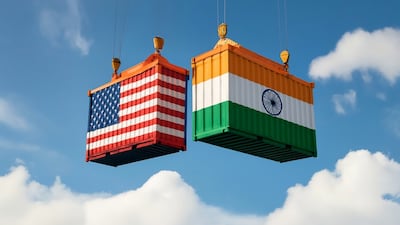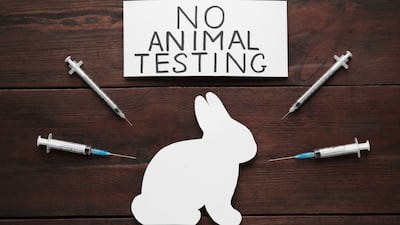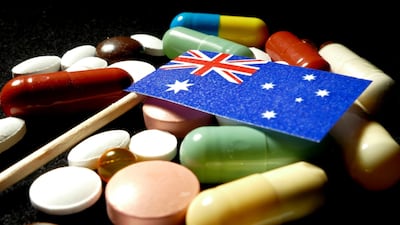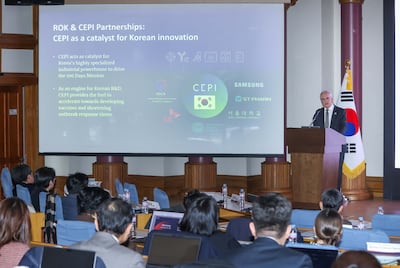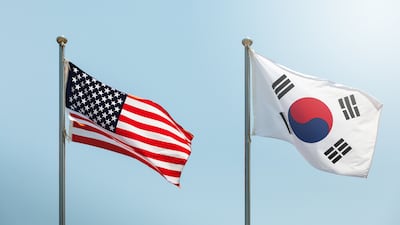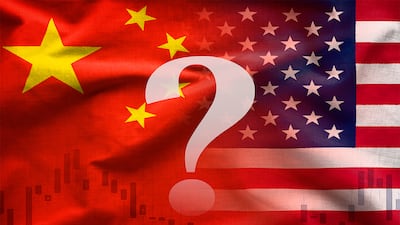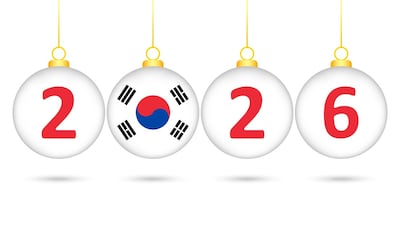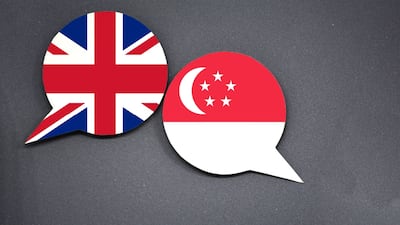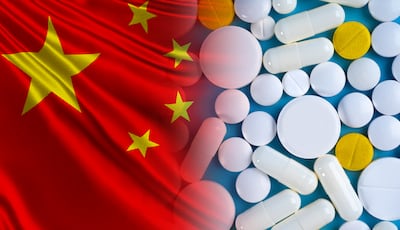The US-India dance around pharma goes on as they announce a trade deal framework that continues to exempt generics from the reduced 18% tariffs till a “negotiated outcome” is reached post a Sec. 232 investigation. However, oil imports from US could increase costs for Indian pharma makers
A new report identifies opportunities to implement the 3Rs principle in India, calling for a waiver of redundant animal testing for generics and NCEs/NBEs and alignment with global regulatory frameworks. Will India shift gears to adopt harmonized NAM-first policies?
The trade association Medicines Australia has set out key priorities for the government’s upcoming budget announcement in light of worsening access to innovative medicines for Australian patients.
At a recent discussion in South Korea, CEPI and other participants explored ways to discover new health cooperation models that go beyond traditional aid approaches and to strengthen Korea’s role.
The clinical and statistical review teams favored a complete response letter for the vasculitis treatment, while the review division and office directors supported approval.
By accepting qualified data from overseas trials to support drug registration in China, recently revised regulations for the implementation of the country’s Drug Administration Law aim to solidify regulatory pathways for use of such data and the more efficient market entry of innovative drugs.
Japan is gearing up for a Lower House election in February and the result could affect biopharma policies. Multiple political parties have laid out reform plans in the area should they win.
Newly revised regulations for the implementation of China’s Drug Administration Law transition to a market authorization holder/product-centered regulatory approach in response to the rapidly changing biopharma environment.
President Trump says something will be "worked out" with South Korea following his declaration that tariffs on the country would be increased to 25%, due to what he views as delays in implementing a bilateral trade deal.
An India-EU trade deal sets ground for a free trade agreement to lower tariffs on pharma, though an investment protection agreement – likely influencing data exclusivity – will be concluded later. Will the US now reconsider its India tariffs?
Late 2025 saw a flurry of policy moves in Japan ahead of this April's regular drug reimbursement price revision, with pharma industry groups decrying a related medical fee increase. But other positive changes are set to be implemented.
Amgen's Bradner explained the rise of China on the global biopharma stage, while Flagship's Afeyan called out US government policies on biomedical research. Plus, concerns about the FDA's gene therapy capacity in our conference notebook.
A look back at South Korea's key biopharma policy and regulatory developments last year and the outlook for 2026, when AI tools look set to play a role in reducing product approval periods.
In 2025, China’s regulatory agencies and biopharma industry reaped the benefits of previous years' efforts to accelerate clinical trial starts and improve commercial insurance coverage for certain innovative medicines.
Legal experts talk to the Pink Sheet about the new US BIOSECURE Act’s potential short- and long-term impacts on China’s biotech industry following its signing into law at the end of 2025.
India’s moves on digital data protection don’t pose a hurdle to patient recruitment, but on the wish list of global innovators is permission for first-in-human (FIH) trials and removal of certain commercialization requirements, says Parexel’s India head
A modified version of the BIOSECURE Act is finally signed into law in the US under cover of the annual defense bill, but views on its likely impact on Chinese biopharma contractors remain mixed and unclear until watchlists are drawn up.
The JPY330bn package bundles existing and new support funds for the biopharma industry, with the national government recognizing its importance for both national security and economic growth.
Flagship Pioneering is first partner in initiative aimed at giving drug developers early, informal, joint advice to fast-track the ‘most promising’ health care innovations. Pathway builds on an artificial intelligence collaboration between the UK MHRA and Singapore’s Health Sciences Authority.
For 127 products in the annual price negotiations for inclusion in China's National Reimbursement Drug List, the "success rate" this year was 88.19%, the highest ever, although the extent of related price cuts was not revealed.

